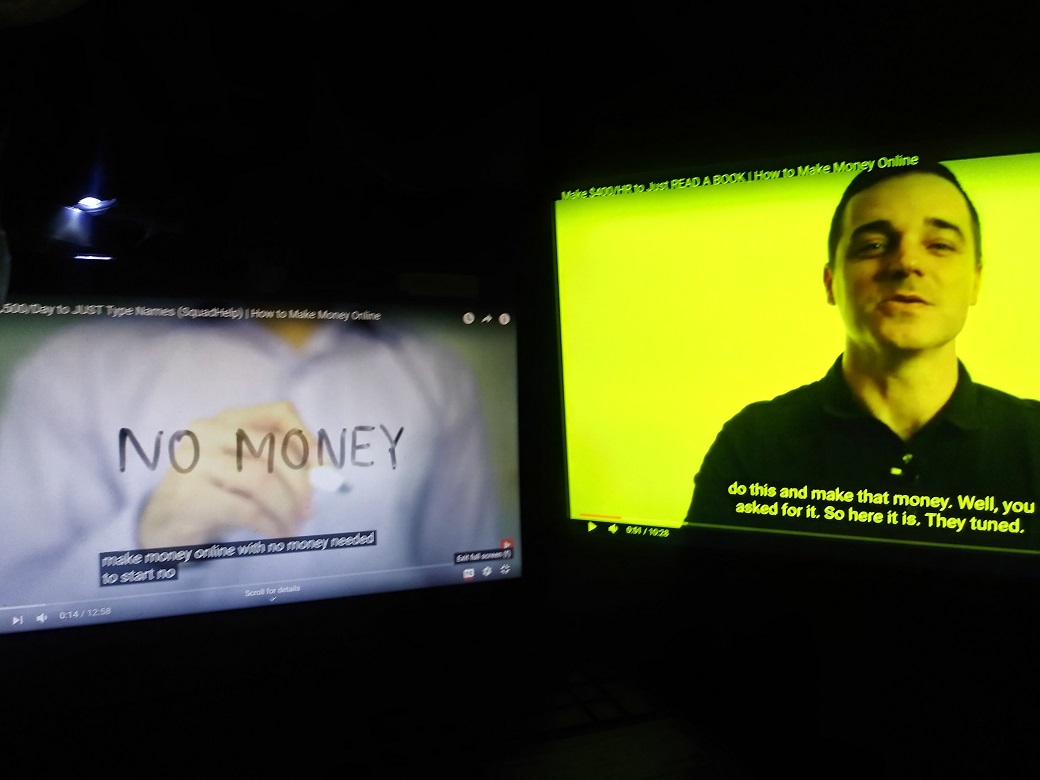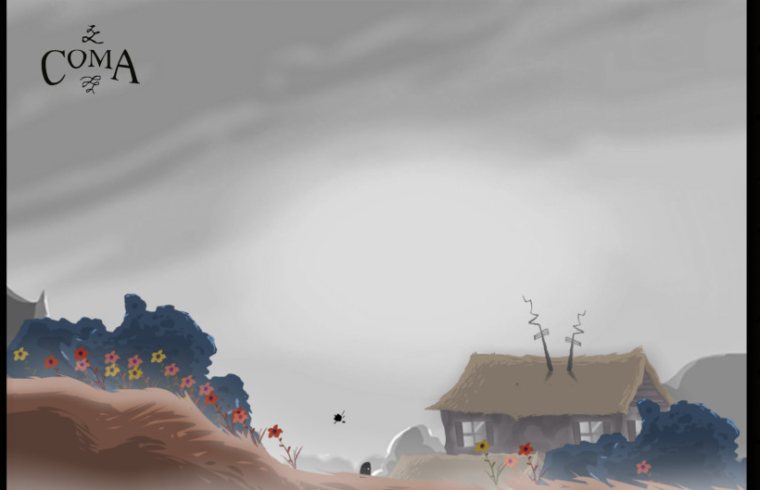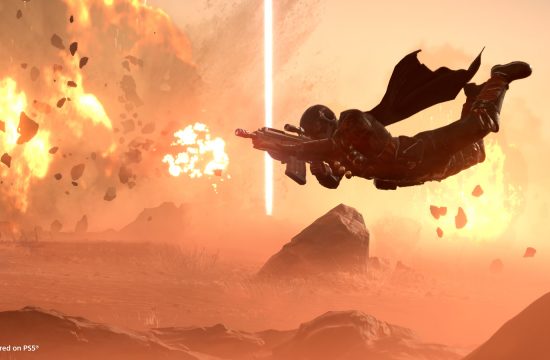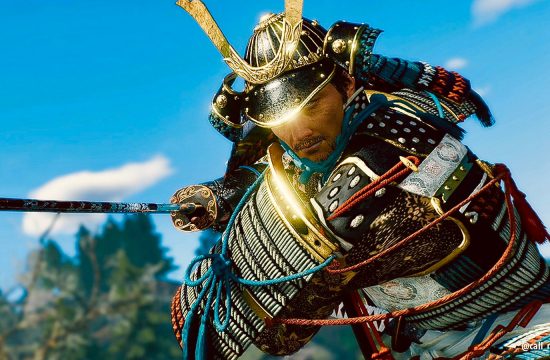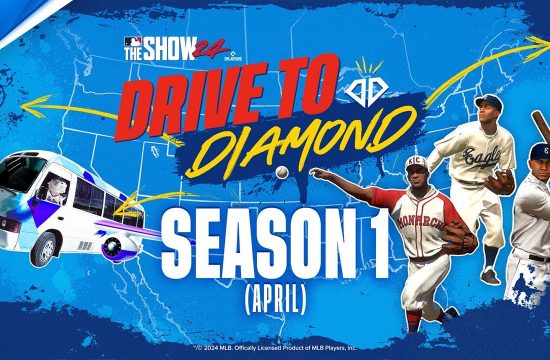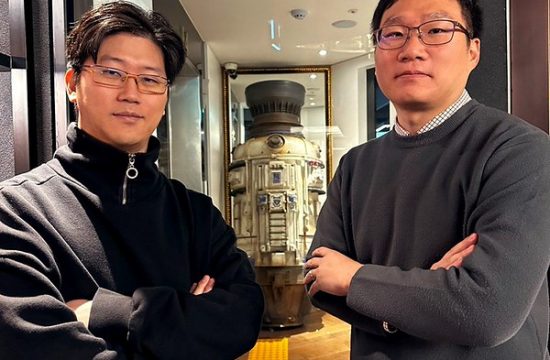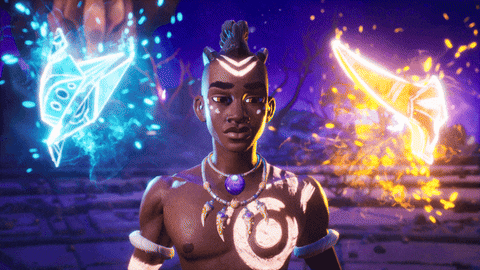In 2009 I made a web game called Coma. I was 18 years old, and had no idea what could happen after you release a game. The game blew up with over 8 million plays, and sent me on a decade long journey of creating bizarre and beautiful indie adventure games. Now, I’m almost 30, and am still baffled at the response to Coma.
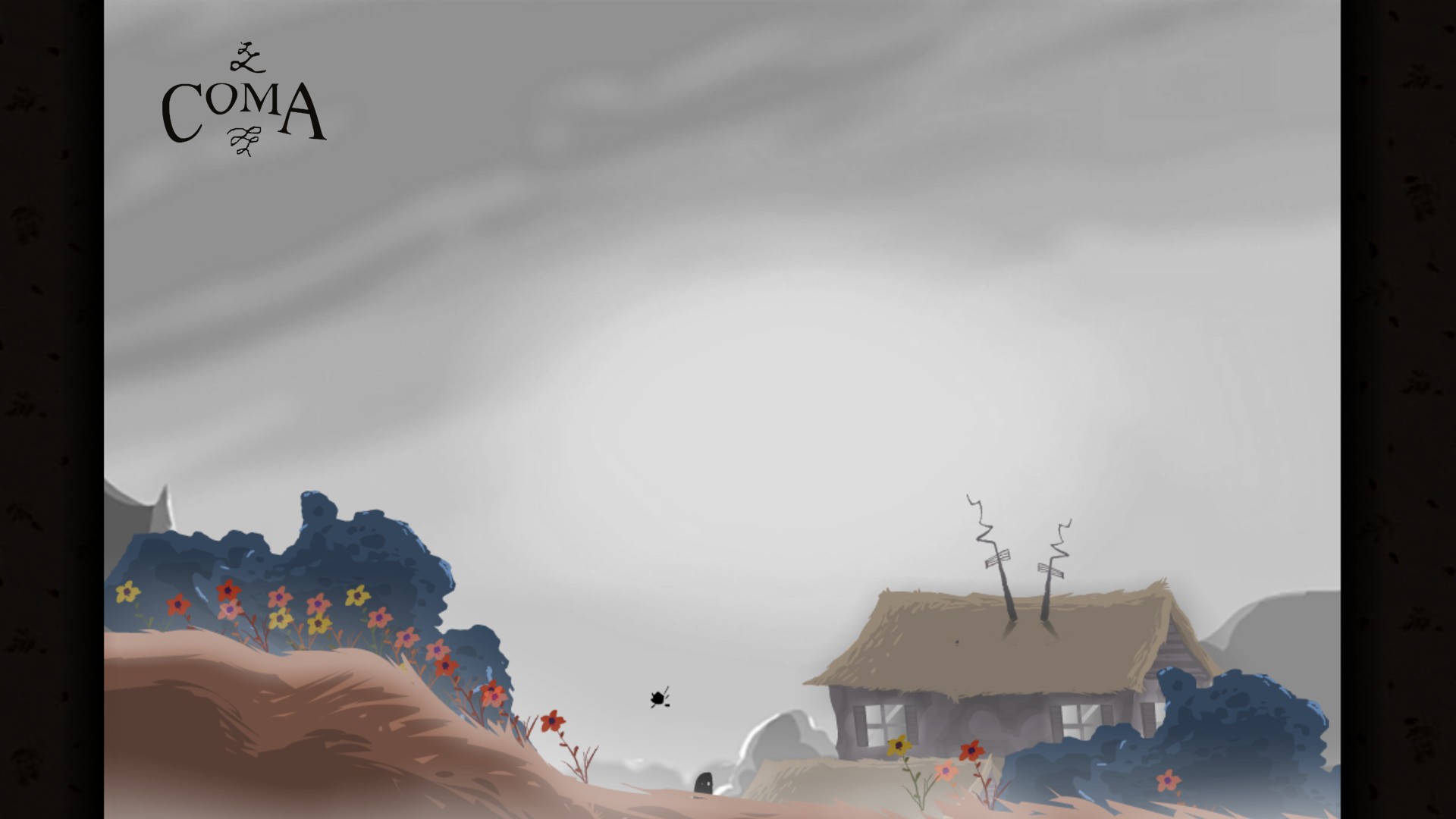
With the help of my development partner Serenity Forge, we’ve rebuilt the entire Coma-world from the ground up; it’s now called Neversong, and it’s coming to Xbox One on July 16! What is more interesting is how much I’ve changed. My world-view, the stories I prefer telling, and what makes my blood pressure tick up is completely different than when it was still in high school.
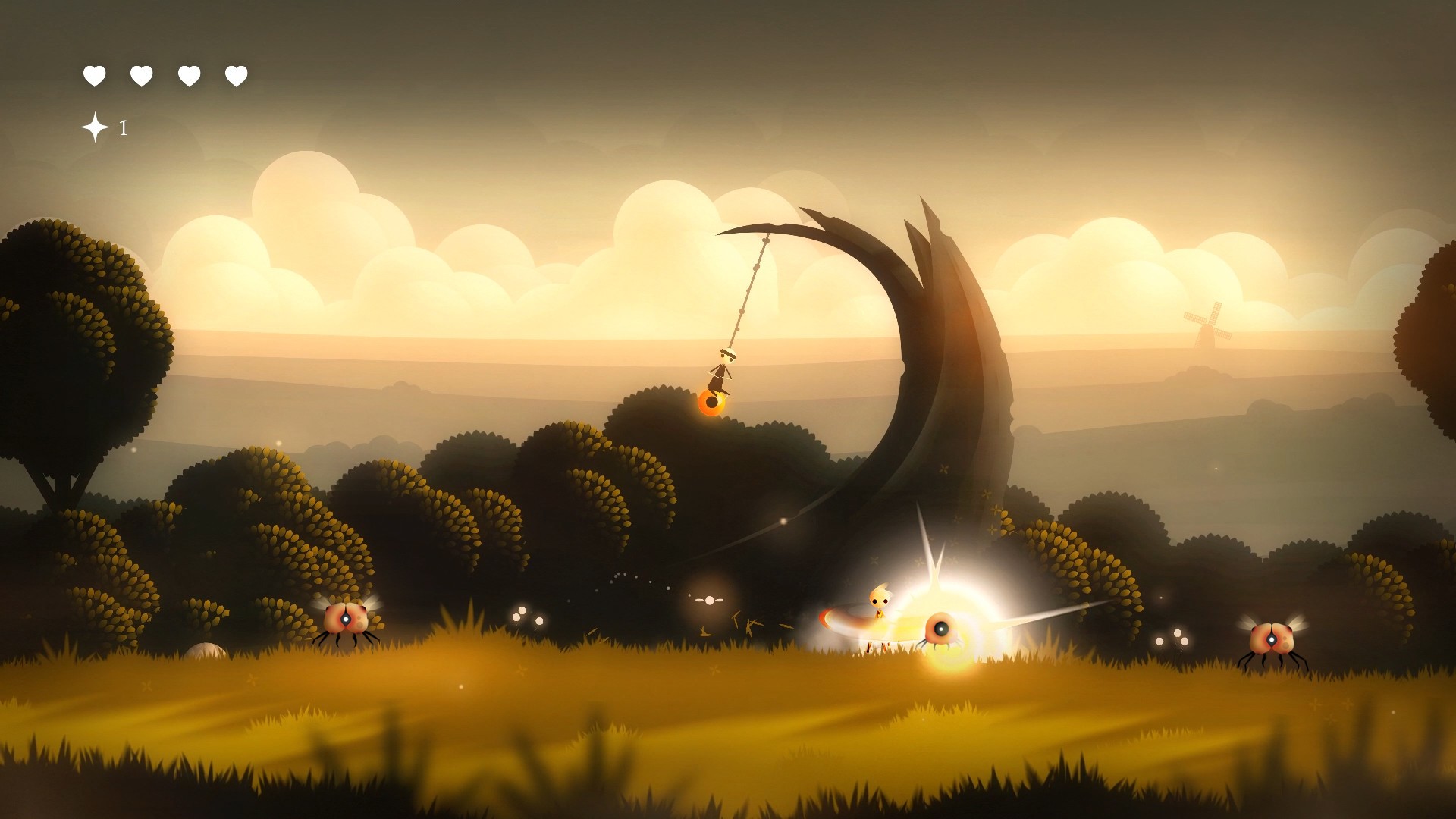
Similarly, the protagonist of that little Flash game, Pete, has also changed, now being called Peet, and possessing a completely different form than the original Flash sprite. His changes correlate to mine, and I’m sure you can relate.
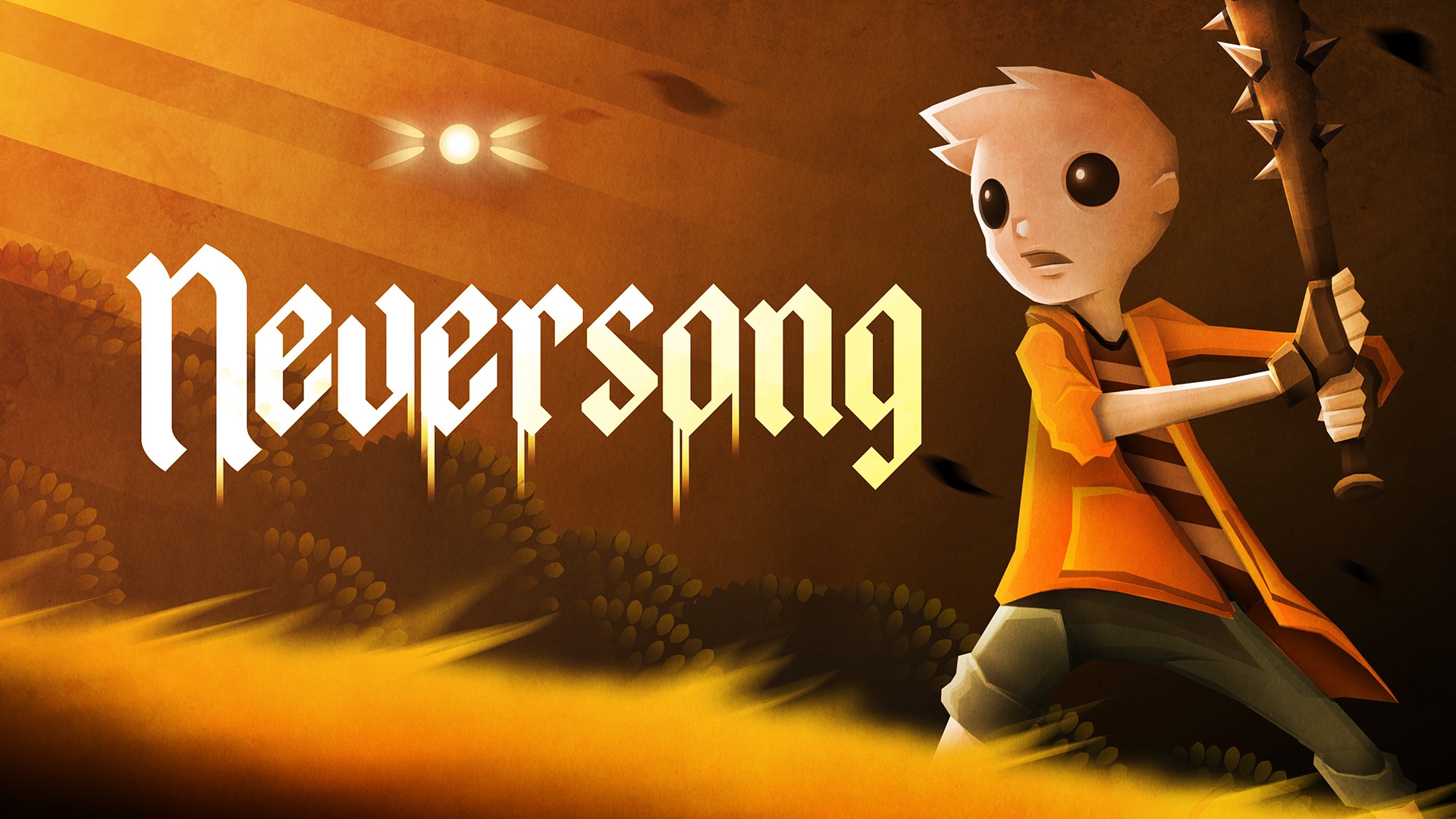
Firstly, the original protagonist in Coma was a silhouetted blob with no key features, and ultimately, an unknown personality. It may sound a tad pretentious, but this was how I viewed myself as a game developer and storyteller at 18. Now, my view of myself is clear and distinct. I know what I’m trying to say in my games, and what I’m capable of as an indie game developer. In the case of Neversong, the protagonist’s look is meant to instill a sense of sadness in the player. In fact, we tried desperately to make the dark silhouetted blob work in this new, highly illustrative world, but it just wasn’t working. Now, Pete looks like a human being, much like our players, struggling with an inner demon. This look is what will ultimately drive the player to complete the game, in spite of it’s bizarre puzzles and almost depressing environment — it’s up to the player to put a little smile on the sad face of Pete.

Secondly, “Pete” became “Peet”. This was seemingly just a simple swapping of letters, but the reason behind is paramount to what made this game so different that the original. Pete was renamed to Peet in honor of Peet Cooper, a former Blizzard artist who worked with Serenity Forge and I pro-bono to bring personality to our simplistic protagonist that we otherwise were not capable of doing.
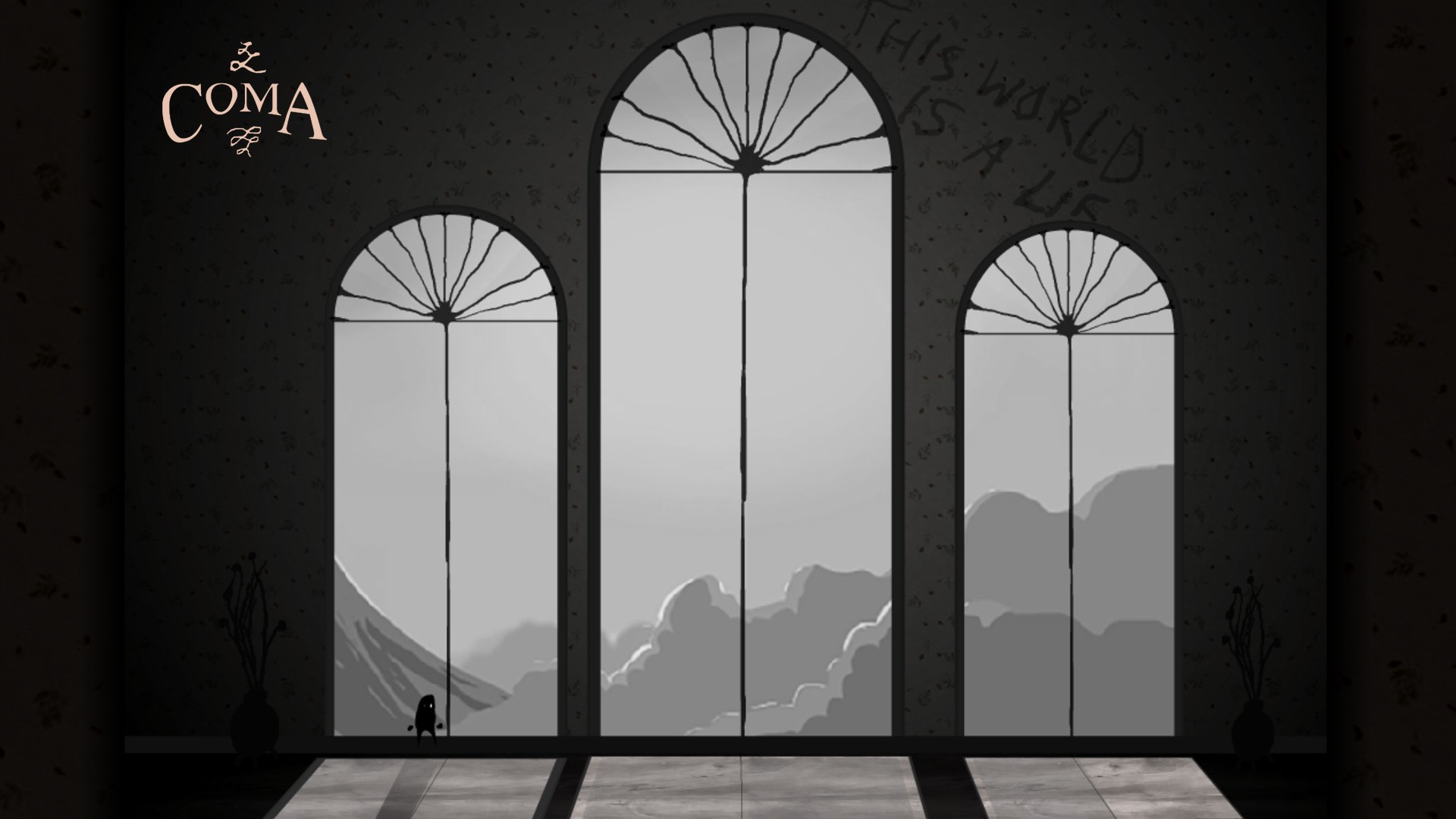
Peet Cooper illustrated the cut-scene art, and boy, did it change the emotional resonance of the game.
Peet’s ability to capture an emotion in a single sketch was exactly what the previous version could not do. It was this simple act of working with a team, as opposed to my typical modus operandi of working alone that actually brought the story of Neversong home for players.
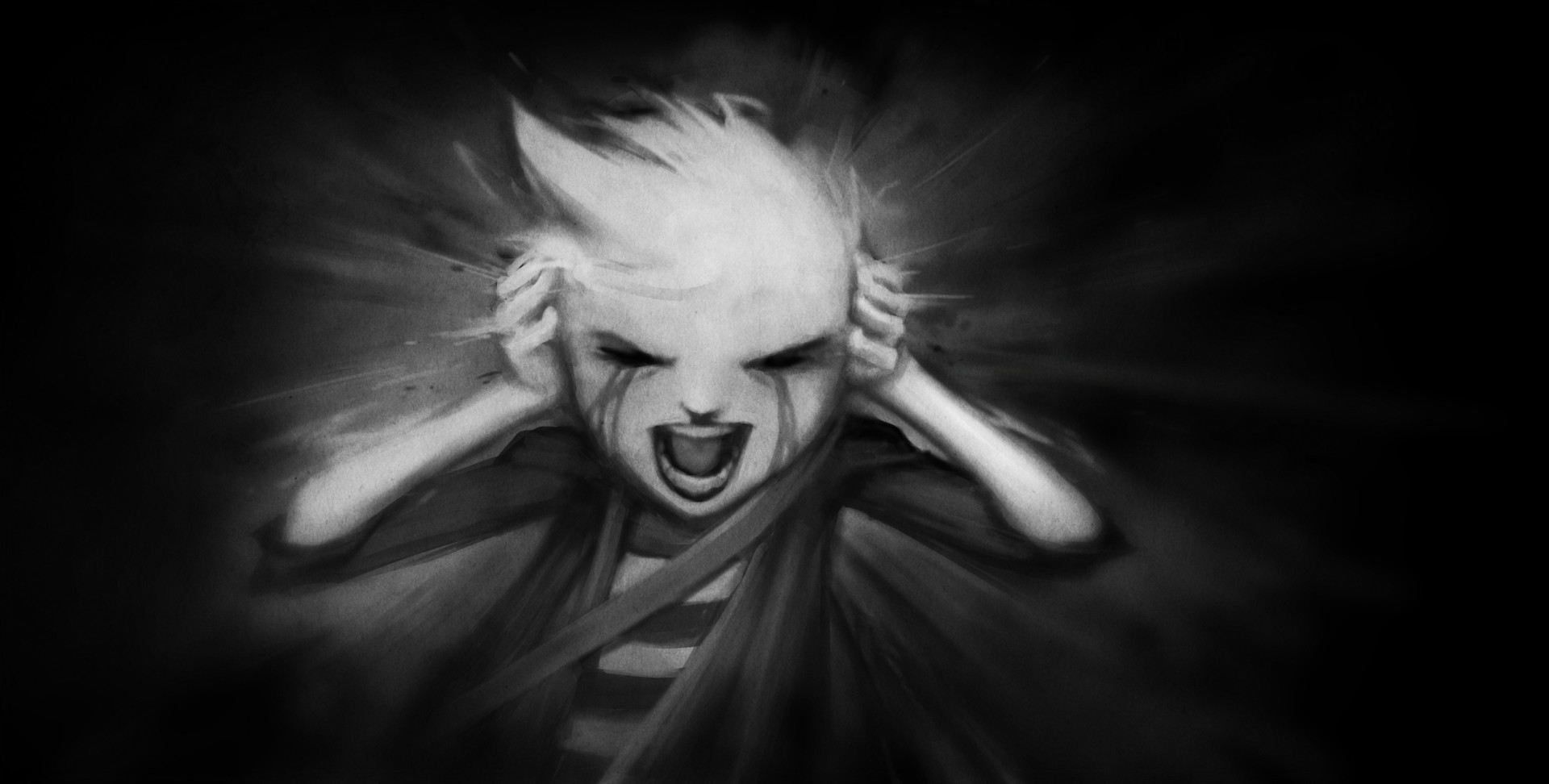
In addition to working with Peet Cooper on telling this little boy’s haunting story, the team at Serenity Forge developed the entire game, while I illustrated, composed, and art directed. That little blob from the original Flash game transformed into a full-fledged boy named Peet with a deep and meaningful story to tell, simply because I was willing to work with a team this time around.
Finally, Peet’s design changed half-way through game development simply because we were trying desperately to avoid the typical trends we saw circulating on Twitter, Instagram, and the gaming community at large. My artistic sensibilities as an illustrator have always pretty much been the same since I was 16. I loved Tim Burton, and made it my mission to replicate his bizarre and Poesque look in my work. Fortunately for gamers, but unfortunately for me, this look has become quite popular.
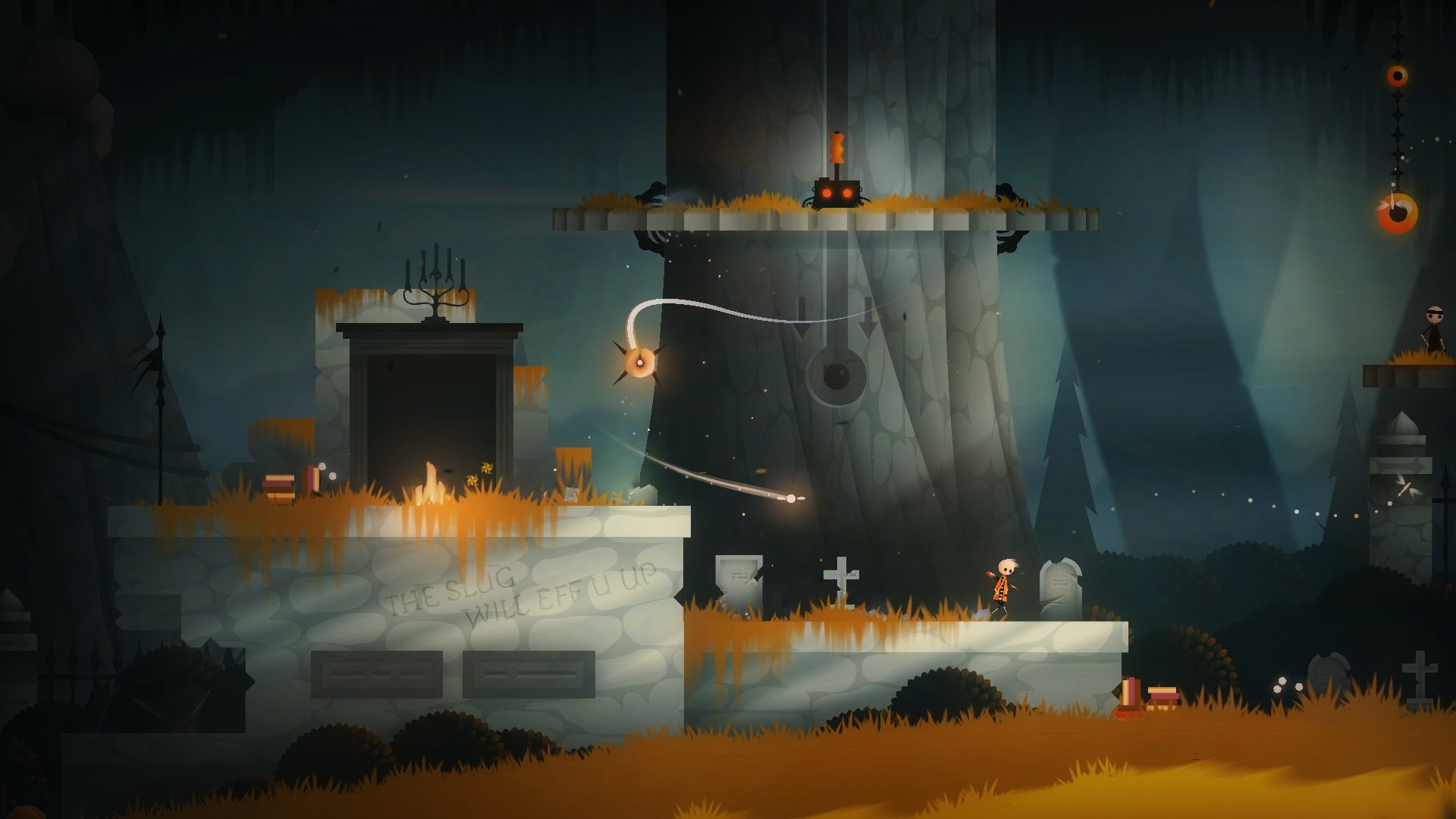
With games like Limbo and Hollow Knight, the team at Serenity Forge and myself felt we needed to pivot to avoid looking like a clone of other popular games. This is certainly a danger for any dev, especially one whose entire portfolio since 2006 has this look and feel. Without compromising my vision or my forte, I was able to pivot Peet’s look slightly to set Neversong apart from other trendy, dark, and moody games popular on Xbox.

Ultimately, Peet’s solidification as a unique and memorable character is perhaps a mirror of myself as a game developer. From a confused and ungrounded teen to an almost 30-year-old game dev with a clear vision and story to tell, Serenity Forge, Peet Cooper, and dozens of other developers and testers have helped me get there. I’m incredibly proud of Neversong, and am incredibly grateful to have been on this journey. I can’t wait for everyone to experience Peet’s adventure on Xbox One when it comes out July 16!

